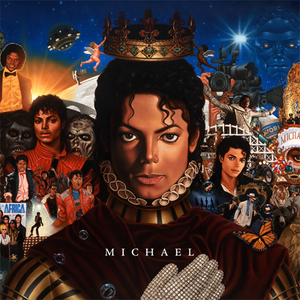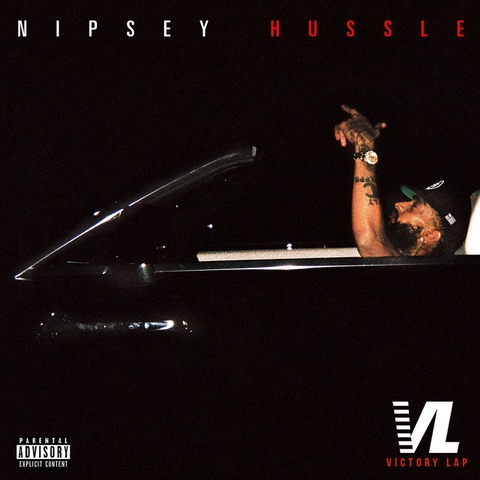In recent years, the music industry has witnessed a surge in posthumous albums, releases that are curated and produced after an artist’s death. While some argue that these albums are a beautiful way to remember and honor the legacy of departed musicians, others view them as nothing more than a desperate attempt to capitalize on an artist’s name and profit from their unreleased material. This article explores the controversial nature of posthumous albums, examining both the negative and positive aspects while considering their role in supporting the families of artists like Michael Jackson, Pop Smoke, XXXTentacion, Lil Peep, and Nipsey Hussle.
Now, critics argue that posthumous albums are often driven by financial motives, serving as a means for record labels and estates to generate revenue long after an artist’s passing. These releases can be seen as a calculated strategy to exploit the artist’s fan base and capitalize on their popularity, effectively turning their untimely death into a profitable business venture.

An example that comes to mind is the posthumous album “Michael” by Michael Jackson. Released in 2010, the album faced significant controversy, with claims that some of the songs featured were not performed by the King of Pop himself. This raised questions about the authenticity and integrity of the project, fueling skepticism among fans and detractors alike. Such cases only reinforce the notion that posthumous albums can be a desperate attempt to extend an artist’s commercial viability.

Another concern surrounding posthumous albums is the use of unreleased material and the potential for misrepresentation. Critics argue that these releases often rely heavily on sampling and unfinished works, leaving the listener with an incomplete picture of the artist’s vision. This can lead to a disconnect between the artist’s original intent and the final product, diluting the authenticity and artistic integrity of the work. A notable example is the posthumous album “Shoot for the Stars, Aim for the Moon” by Pop Smoke. While the album achieved commercial success, it faced criticism for the heavy use of guest features and production alterations. Many fans felt that the essence of Pop Smoke’s unique sound was compromised, raising questions about the integrity of the project and whether it truly represented the artist’s artistic vision.


However, it’s important to recognize that not every posthumous album is driven solely by financial motives. In some cases, the funds generated from these releases can support the families and loved ones left behind. Artists like Lil Peep and Nipsey Hussle, whose beneficiaries directly benefit from the proceeds of their posthumous albums, demonstrate a more positive side to this practice.
Lil Peep’s posthumous album “Come Over When You’re Sober, Pt. 2” and Nipsey Hussle’s “Victory Lap” are examples of projects that honor the artists’ legacies while providing financial stability to their families. Posthumous albums can be viewed as a legitimate means of supporting the artist’s loved ones and ensuring their ongoing well-being.
Posthumous albums will likely remain a contentious topic within the music industry as artists walk a fine line between honoring an artist’s legacy and exploiting their name for financial gain. While a desperate attempt may drive some releases at residuals and sampling, it’s essential to consider the context and intentions behind each project. When the proceeds from these albums directly support the families and loved ones of the departed artists, they can serve as a genuine tribute while providing necessary financial support. Ultimately, record labels, estates, and artists’ representatives must approach posthumous albums with respect, transparency, and a commitment to preserving the artist’s artistic vision and legacy.







